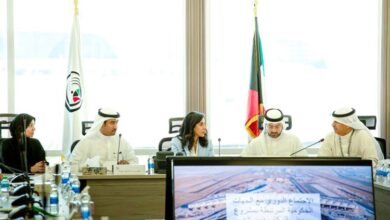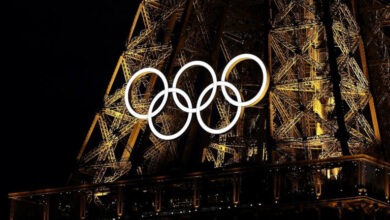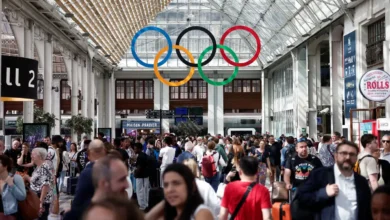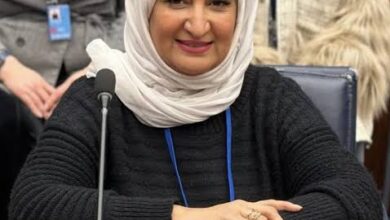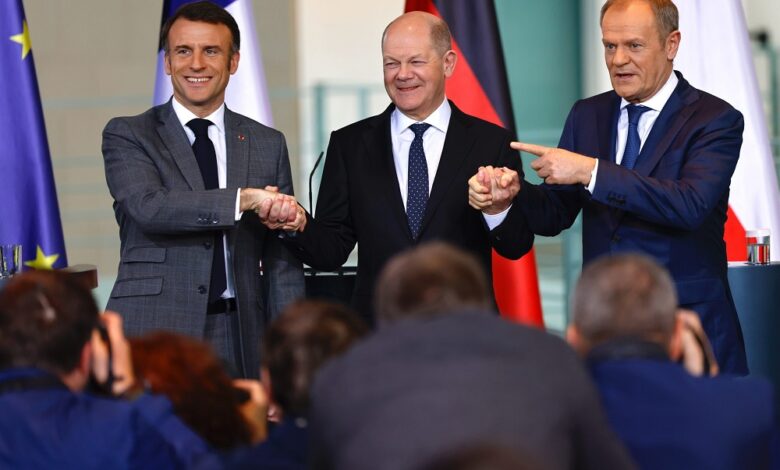
By Mark Leonard
Special to The Times Kuwait
In his speech at the Sorbonne in April, and again on his state visit to Germany in late May, French President Emmanuel Macron warned that Europe is confronting its own mortality. Caught between Vladimir Putin’s Russia, Xi Jinping’s China, and, potentially, Donald Trump’s America, Europeans urgently need to show solidarity; yet precisely because they do not feel secure, Europe appears to be fracturing.
The most immediate threat is in Ukraine. For a long time, it was not clear what a Russian victory might mean. But in light of recent US polls, it is now possible to imagine a Trump ‘peace plan’, or a Minsk III Agreement, that would freeze Ukraine’s territorial losses, lock it out of NATO and the European Union, demilitarize it, and force it into permanent neutrality. This would be a defeat for not only Ukraine, but for all of Europe. At least one-third of EU member states would be left feeling existentially insecure, with an emboldened revisionist aggressor on their borders.
In this scenario, many leaders might lose faith in the European project and instead try to cozy up to Trump, as Hungarian Prime Minister Viktor Orbán has already done. Collective efforts to strengthen the EU would give way to bilateral relationships with the US, leaving Europe even more divided and paralyzed.
Over the longer term, the same dilemma would apply to issues such as how Europeans deal with China, how they pursue economic prosperity at a time of intense technological competition, and how they engage with global governance. In each case, the challenge demands unity, but individual member states will be tempted to go it alone.
Macron’s recent visit to Germany may have provided some clues about how to prevent fragmentation, not because he and German Chancellor Olaf Scholz staged ostentatious displays of camaraderie and solidarity, but because they unwittingly confirmed that the Franco-German relationship has been reduced to mere pageantry. The French and German governments are no longer capable of charting Europe’s strategic course on their own. Even if they could come together to propose a concrete agenda, it is not clear that the rest of the EU would follow them.
But a relationship sometimes can be saved by adding a third party, and in the current European context, the obvious candidate is Poland. A Franco-German-Polish engine would revive the ‘Weimar Triangle’ format that was launched in 1991, but which Poland’s previous illiberal government had shunted aside for eight years.
Now that Poland is under new management and brimming with ideas about how to strengthen Europe, it could be the key to bringing Europeans together through a shared sense of security and geopolitical purpose. It also helps that Germany has made big changes to its defense spending and posture, and that Macron has embraced the idea of adding new EU members through an eastern enlargement.
The Weimar Triangle could make three major contributions to Europe, the first of which is political. Whereas the Franco-German format often bred resentment among other member states and left those in the former Soviet bloc wondering if they would be sold out to the Kremlin, the new arrangement would include a major ex-communist country. That alone could be a unifying factor, even in the wake of a Trump victory, provided that the three leaders act inclusively, rather than as a clique.
Moreover, the three governments could (and should) propose ways to reset the relationship with the United Kingdom, which will soon have a new government. This will be crucial to reassuring Europeans on a wide range of issues, including defense and nuclear risks, economic security, technology competition, and energy. Having spent a lot of time in European capitals, from Denmark to Portugal, in recent weeks, I have heard many leaders and diplomats refer to the Weimar Triangle as a source of hope.
The second contribution is military, since the Weimar Triangle countries together account for more than 30 percent of Europe’s defense spending. In the short term, they should advance a plan for bringing together the various initiatives to help Ukraine get the ammunition and air defenses it needs. And over the longer term, Europeans could achieve much more in terms of their own defense simply by working better in tandem.
In addition to holding a trilateral nuclear dialogue, the Weimar Triangle can expand the role of the Eurocorps, the multinational military headquarters created by France and Germany in the 1990s. Unlike EU battlegroups, which are expeditionary, and thus badly suited to today’s realities, the Eurocorps could be forward deployed in sufficient numbers to reassure front-line member states were the US ever to withdraw its troops from Europe.
Finally, a reinvigorated Weimar Triangle could help move Europe “from a factory of regulations to a community of fate,” as one senior Polish official put it to me. At the moment, Europe is caught between the geopolitical necessity of anchoring Ukraine and Moldova in the West, and the political and institutional impossibility of moving forward with a classic enlargement process.
The Weimar Triangle must devise a long-term plan to bring Ukraine into both NATO and the EU, and this new strategy must be geared toward building war economies, providing security, and pursuing regulatory alignment. A good first step would be to convene a high-level group to examine the security and defense components of a revised EU enlargement process.
There has been some momentum toward a new Weimar format. In March, Scholz, Macron, and Polish Prime Minister Donald Tusk held a brief summit in Berlin, and their countries’ foreign ministers have since met and agreed on an inspiring communiqué. But as my European Council on Foreign Relations colleagues in each of the three countries recently argued, lofty rhetoric must become decisive action. If the Weimar Triangle takes shape, it could breathe new life into the European project.

Mark Leonard
Director of the European Council on Foreign Relations, is the author of The Age of Unpeace: How Connectivity Causes Conflict.
Copyright: Project Syndicate, 2024.
www.project-syndicate.org









